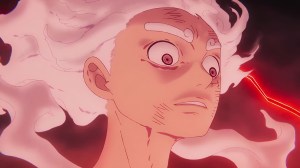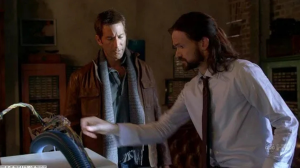The new DC Studios was forged with the clear goal of creating an interconnected universe that spans film, television, and video games. This unified vision is intended to bring the publisher’s iconic characters together into a single, cohesive narrative. However, the immense success of standalone projects like Matt Reeves’ critically acclaimed film The Batman and beloved animated shows such as My Adventures with Superman proved there is a strong appetite for stories outside the main continuity. As a result, DC Studios operates with an Elseworlds label to allow creators the freedom to tell unique stories without being tied to the sprawling canon of the primary DC Universe. It initially seemed this label would be used to offer fresh takes on mainline heroes and villains, but the recent announcement of a V for Vendetta television series proves the scope of the Elseworlds concept is far more ambitious than anyone imagined.
Videos by ComicBook.com
The new V for Vendetta series is a genuinely exciting prospect for fans of the iconic graphic novel. First printed between 1982 and 1985, the story exists completely disconnected from the world of DC’s superheroes, yet it has long been part of the publisher’s impressive portfolio. That’s because DC Comics uses various imprints to publish stories outside of its main canon, creating homes for narratives that push creative and thematic boundaries. Labels like the short-lived Helix, the legendary Vertigo, and the modern Black Label gave creators the space to tell complex stories that did not need to fit into the established superhero mold. These imprints birthed some of the most celebrated comics of the modern era, many of which are begging for television adaptations.
5) 100 Bullets
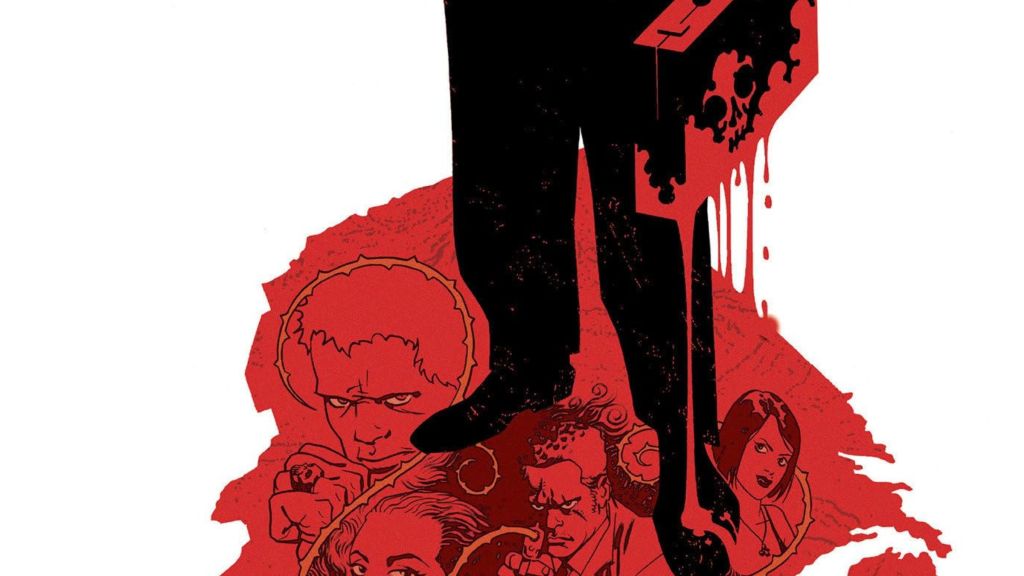
The Eisner Award-winning crime saga 100 Bullets is built on one of the greatest high-concept premises in comic history. The story follows the mysterious Agent Graves, a man who approaches ordinary people whose lives have been ruined and offers them a unique opportunity. He provides them with an attaché case containing a handgun, one hundred untraceable bullets, and irrefutable proof of the person responsible for their misery. Graves assures them that if they choose to seek revenge, there will be no legal consequences. This simple but brilliant setup serves as the entry point into a sprawling narrative of warring secret societies and shadowy conspiracies. A 100 Bullets television series could adopt a “case-of-the-week” structure, focusing each episode on a new recipient of the briefcase while slowly building the larger mythology of the overarching conflict between the powerful organization known as The Trust and the deadly enforcers sworn to protect it.
4) Transmetropolitan
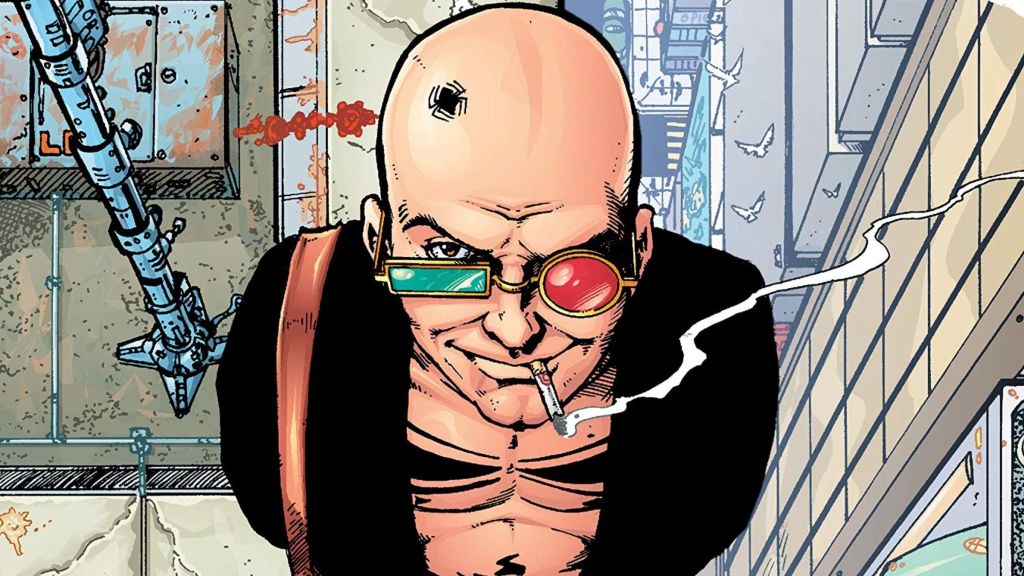
Set in a surreal future, Transmetropolitan is a satirical series that feels more relevant today than when it was first published. The story centers on Spider Jerusalem, a renegade gonzo journalist forced out of his self-imposed exile to return to a technologically advanced metropolis that he despises. Working for a newspaper called The Word, Spider and his “filthy assistants” wage a relentless war against corruption, consumerism, and political hypocrisy. The series is a brilliant blend of cyberpunk aesthetics, dark humor, and razor-sharp social commentary. An adaptation would offer a visually stunning playground for inventive world-building while also providing a powerful platform to tackle contemporary issues.
3) The Nice House on the Lake
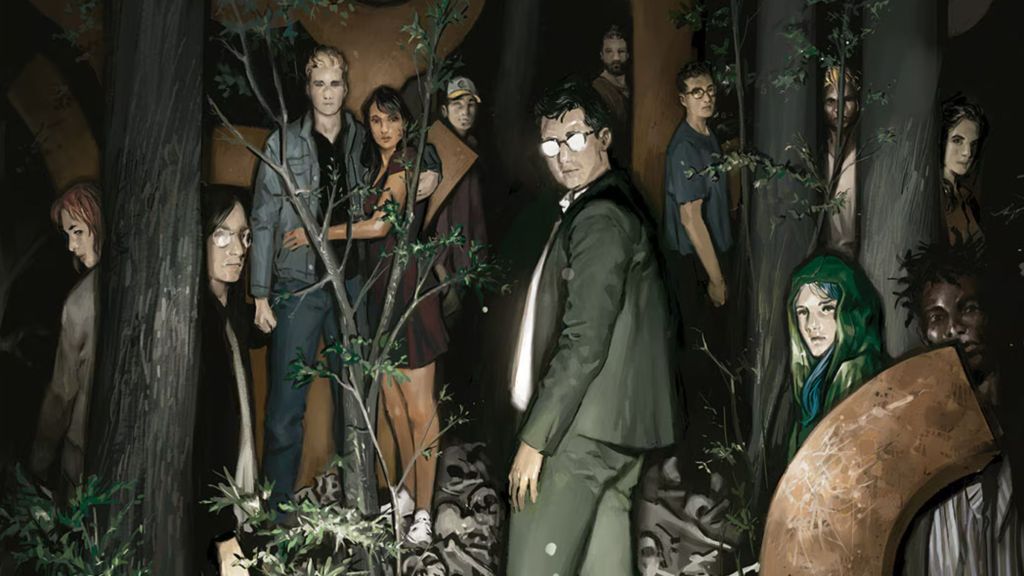
A masterpiece of modern horror, The Nice House on the Lake combines psychological tension with an apocalyptic premise to create a truly unsettling experience. The story begins when a man named Walter invites a group of his friends to spend a week at his secluded lake house. The vacation takes a terrifying turn when the guests discover that while they were settling in, the rest of the world has been consumed by a fiery apocalypse. Their mysterious host, who may not be human, has saved them, but he has also trapped them. The house is a paradise stocked with every possible comfort, but it is also a prison surrounded by the smoldering ruins of civilization. This contained, character-driven setup is perfectly suited for a television series, allowing for a deep exploration of the paranoia, grief, and shifting allegiances among a group of survivors grappling with the end of the world and the secrets of the man who chose them to live.
2) American Vampire
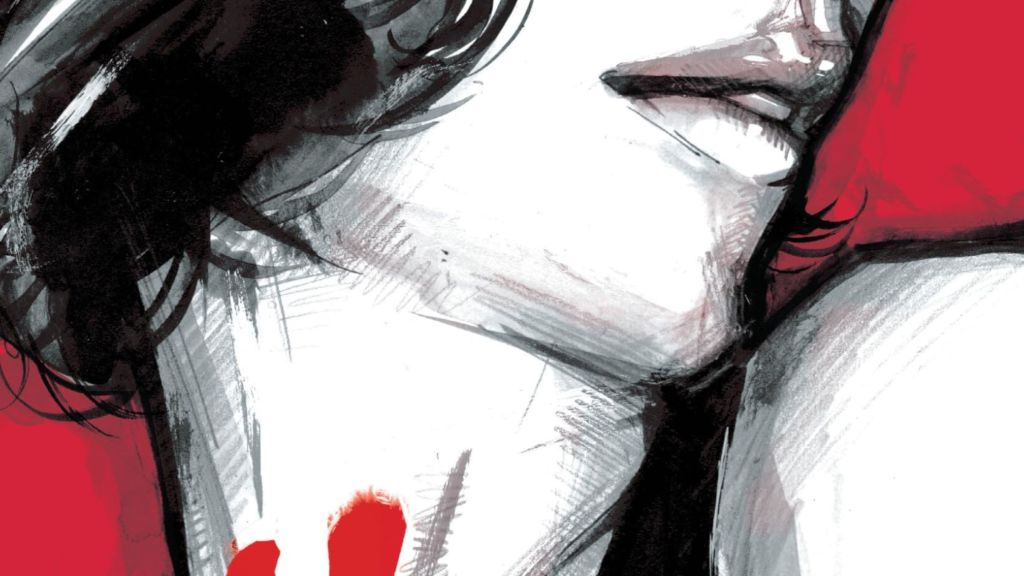
Scott Snyder’s and Stephen King’s American Vampire offers a wholly original twist on vampire mythology. The series reimagines the undead as a diverse population of competing species and introduces a new breed of monster born in the American West. This new American vampire is stronger, faster, and, most importantly, can walk in the daylight. The story follows two main protagonists: Skinner Sweet, the first of this new bloodline, and Pearl Jones, a young actress he turns in the 1920s. Their journey unfolds across the decades, moving through different eras of American history as they battle ancient European vampire covens and other supernatural threats. A television adaptation of American Vampire could be a stunning period piece, using its immortal characters to explore the changing landscape of America throughout the 20th century.
1) Fables
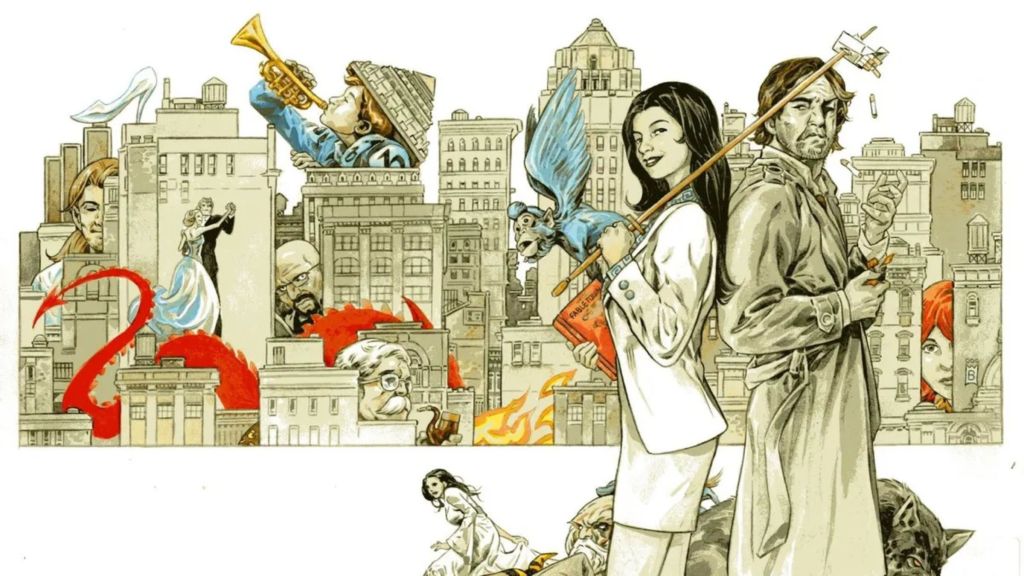
Bill Willingham’s long-running fantasy series Fables is one of the most beloved titles to ever come out of the Vertigo imprint, and its premise is pure television gold. The story imagines that all the characters from fairy tales and folklore are real and were long ago forced out of their magical Homelands by a mysterious conqueror known as the Adversary. They now live in a clandestine community in modern-day New York City called Fabletown, trying to blend in with the ordinary human world. The series starts as a noir-style murder mystery with the Big Bad Wolf serving as the town’s grizzled sheriff, but Fables later evolves into an epic tale of war, political intrigue, and family drama. With a massive cast of iconic characters like Snow White, Prince Charming, and Cinderella, a Fables television series has the potential to be a cultural phenomenon, offering a rich world that could sustain years of compelling storytelling.
Which other non-canon DC comic do you think is most deserving of a TV adaptation? Leave a comment below and join the conversation now in the ComicBook Forum!





